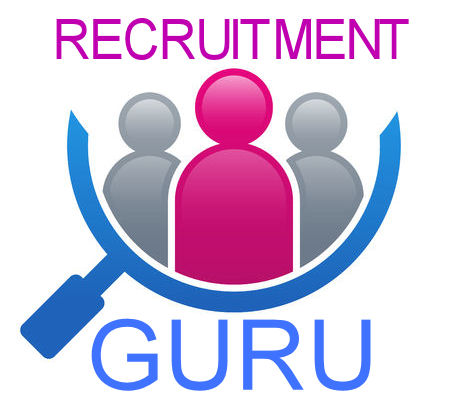Stepping into the professional world for the first time is an exciting yet daunting journey. The process of applying for your first job can be overwhelming, with questions about where to start, how to stand out, and what steps to follow to ensure success. This comprehensive guide is designed to demystify the process, providing you with practical steps and tips to prepare and apply for your first job effectively. From crafting a compelling resume to acing your interviews, we’ll walk you through each stage, helping you to not only apply for jobs but to apply with confidence.
Understanding Job Market Needs
Before diving into job applications, it’s crucial to understand the market you’re about to enter. Different industries have different needs, and what’s in demand in one sector might not be in another. Start by identifying industries that interest you and research the roles within those fields. Look for industry reports, job postings, and professional forums to gauge which skills are highly valued.
• Researching Industries: Use platforms like LinkedIn, Glassdoor, and industry-specific forums to understand the trends and demands of your chosen field.
• Identifying Skills: Note the commonly requested skills and qualifications in job listings. These can range from technical skills, such as software proficiency, to soft skills, like communication and teamwork.
Creating a Professional Resume
Your resume is often the first impression a potential employer will have of you. It’s your chance to showcase your skills, experiences, and what makes you unique. Here are some tips to create a resume that stands out:
• Be Concise: Aim for one page, especially if you’re a recent graduate or have limited work experience. Highlight your most relevant experiences and skills.
• Customization: Tailor your resume for each job application. Emphasize the skills and experiences that align with the job description.
• Achievements Over Duties: Focus on what you’ve achieved in your previous roles or projects, not just your responsibilities. Use specific examples and quantify your achievements where possible.
Continuing from where we left off, let’s delve deeper into crafting a compelling cover letter, building an online presence, preparing for interviews, leveraging networking, and the importance of follow-up and persistence.
Crafting a Cover Letter
A well-crafted cover letter can set you apart from other candidates. It’s your opportunity to tell a story that your resume can’t convey, highlighting your passion and drive.
• Your Letter: Address the hiring manager by name, and tailor your letter to each job application, emphasizing how your skills and experiences align with the job requirements.
• Show Your Enthusiasm: Demonstrate your enthusiasm for the role and the company. Explain why you want to work there and how you can contribute to their goals.
• Be Concise: Keep your cover letter to a single page. Make every word count by focusing on your most relevant qualifications and experiences.
Building Your Online Presence
In today’s digital world, your online presence can be as important as your resume. Employers often search for candidates online before making hiring decisions
• LinkedIn: Make sure your LinkedIn profile is complete and up-to-date. Use a professional photo, and include a summary that highlights your career aspirations, skills, and any relevant projects or volunteer work.
• Clean Digital Footprint: Review your social media profiles from the perspective of a potential employer. Remove or make private any content that might not reflect professionally on you.
Preparing for Interviews
Interviews can be nerve-wracking, especially if it’s your first time. Preparation is key to making a good impression.
• Research the Company: Understand the company’s mission, values, and recent achievements. This knowledge will allow you to tailor your answers and show your genuine interest in the role.
• Practice Common Questions: Prepare answers for common interview questions, such as “Tell me about yourself,” “Why do you want to work here?” and “What are your strengths and weaknesses?”
• Dress Appropriately: Choose an outfit that fits the company culture. When in doubt, it’s better to be slightly overdressed than too casual.
Networking Strategies
Networking can be a powerful tool in your job search, offering opportunities to connect with professionals in your field and learn about job openings.
• Attend Industry Events: Participate in industry meetups, conferences, and workshops. These events are great opportunities to meet people and learn about the industry.
• Use LinkedIn: Connect with professionals in your field on LinkedIn. Be respectful and genuine in your interactions. Consider asking for informational interviews to learn more about their roles and companies.
Follow-up and Persistence
Persistence is crucial in the job search process. A polite follow-up can demonstrate your interest and keep you top of mind for hiring managers.
• Thank-You Emails: Send a thank-you email within 24 hours after an interview. Express your appreciation for the opportunity and reiterate your interest in the role.
• Follow-Up on Applications: If you haven’t heard back within a week or two after submitting an application, it’s appropriate to send a brief email inquiring about the status of your application.
Conclusion
Applying for your first job is a journey that involves preparation, customization, and persistence. By understanding the job market, creating a professional resume and cover letter, building a strong online presence, preparing for interviews, leveraging networking, and following up diligently, you’re setting yourself up for success. Remember, each application and interview is a learning experience, bringing you one step closer to landing your first job. Embrace the process, stay motivated, and your efforts will pay off.

